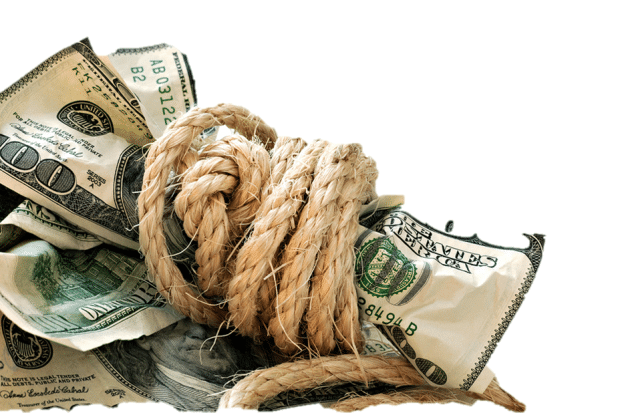Financial abuse is a serious form of domestic violence, but no one ever really talks about it.
While financial abuse is devastating, many, like me, may be totally unaware it’s happening to them.
In the beginning, financial abuse can be so subtle it’s easily misinterpreted as a loving gesture.
“I don’t want finances to stress you,” my first husband would say to me. “Let, me take care of the money and I’ll give you what you need.”
However, as in my case, the abuser’s efforts to control will, in time, escalate into intimidation, threats of violence and often, physical harm.
How do you know if you’re a victim? Here are 10 Red Flags. Read them carefully and circle the ones that apply to you:
- Your partner refuses to talk about money. They get defensive, angry or accusatory.
- Your partner goes on spending binges, buying expensive items you really can’t afford.
- Your partner racks up debt on your credit card.
- Your partner frequently gambles, at the casino, the race track, or in the stock market.
- You get frequent calls from creditors, which your partner dismisses or assures you everything is ok.
- Your partner keeps saying you don’t have enough to buy certain items, which doesn’t make sense based on your incomes.
- Your partner uses money to control you or restricts your access to money.
- You question their financial decisions, and they immediately turns the table and makes you wrong.
- You notice how often you excuse, justify, rationalize their behavior to others and yourself.
- Your gut tells you something is wrong.
If even one of these red flags feels even remotely familiar, I urge you to call the National Domestic Violence Hotline at 1−800−799−7233 (SAFE). They are there, 24/7, to give you the help, information and resources you need.
Have you been affected by financial abuse? Share in the comments below. Your story could help someone else.



Comments & Feedback